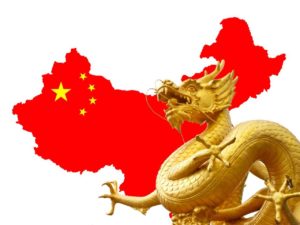KCG Research on Short-Term Firm-level Trade Effect of China’s Belt and Road Initiative

China’s Belt and Road Initiative (BRI) proposed by its President Xi Jinping in 2013 aims at fostering economic, social and political interactions between China and the other BRI countries. One key aspect here is to promote China’s trade with these countries.
A recent KCG Working Paper “Does the Belt and Road Initiative Stimulate Chinese Exports? The Role of State-Owned Enterprises” by Prof. Holger Görg Ph.D. (KCG Managing Director) and Haiou Mao, Ph.D. (KCG Guest Researcher) aims at analysing such trade effect of BRI, considering firm heterogeneity in, for example, ownership, and regional origin. Their analysis is based on a firm-product-destination level custom dataset for the years from 2011 to 2015, thus focusing on the short-term trade effect of BRI. A gravity model framework is used for the estimation analysis.
Their analysis shows that Chinese firms’ exporting activities on average were not significantly affected by BRI. They find, however, that ownership matters for firms’ exporting responses to BRI. While state-owned enterprises increased their total exporting and average export value to BRI countries in the research period, no such significant effects can be found for private firms. Their analysis of the relevance of regional origin in this regard shows that the short-term trade effect of BRI for firms located in the Western region was rather limited, against the government’s expectation to carry out BRI to boost the development of the western provinces and thus to reduce regional inequality in China.



 KCG Projects
KCG Projects


